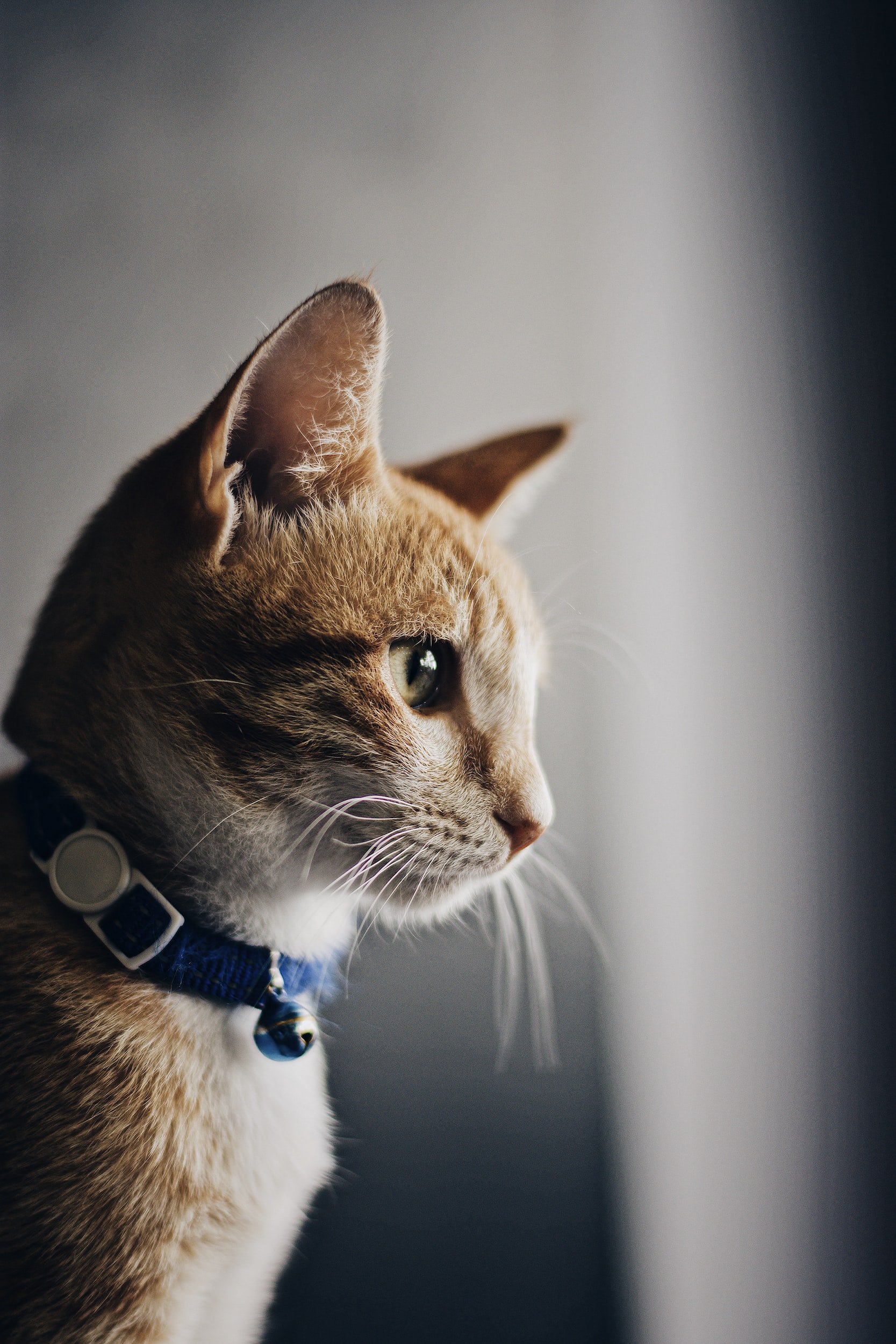Is Incense Bad for Cats?
Incense has been around for centuries and continues to be a popular way to add scent to homes and other spaces. Its sweet and calming fragrance not only masks unpleasant odors but also creates a soothing atmosphere. However, as much as we enjoy lighting incense, it's crucial to be aware of our furry friend's well-being. Many cat owners wonder whether incense can be harmful to their pets. In this article, we will discuss the possible dangers of incense for cats and what cat owners can do to help protect their furry friends.
Quick Answer
Is incense bad for cats? The answer is yes; incense can be harmful to cats as they are sensitive to the smoke and fragrances it produces. Inhalation of incense smoke can cause respiratory problems, chronic bronchitis, sinus inflammation, and even lung cancer in cats.
It's crucial for cat owners to avoid burning incense made from essential oils, Nag Champa, and synthetic fragrances. Instead, they should opt for non-toxic and natural air fresheners or diffusers to keep their feline friends safe and healthy. Cat owners should also keep an eye on their cats and consult a veterinarian immediately if they observe any unusual symptoms.
Table of Contents
The Danger of Incense Smoke for Cats
Types of Incense to Avoid Around Cats
Signs of Incense Poisoning in Cats
Alternatives to Incense
Final Thoughts
The Danger of Incense Smoke for Cats
While the smoke from burning incense can be pleasing to our senses, it can be extremely dangerous for cats. Inhaling the smoke can adversely affect their respiratory system and cause various health problems. Cats are particularly sensitive to smoke and other fragrances, and their respiratory systems can be severely damaged by long-term exposure.
In addition, cats' sensitive noses and lungs can be overwhelmed by certain scents. Exposure to strong fragrances, such as those from burning incense, can cause coughing, sneezing, runny noses, and watery eyes. This can be particularly concerning for cats with pre-existing respiratory problems, such as asthma or chronic bronchitis.
Moreover, frequent or prolonged exposure to incense smoke can cause more severe medical problems. For instance, incense smoke can cause respiratory inflammation, sinus infections, and even lung cancer in cats. We strongly encourage cat owners to take extra care when burning incense around their feline friends.
Types of Incense to Avoid Around Cats
Not all incense is created equal, and some types can be more harmful to cats than others. It's essential to know which types of incense to avoid around cats to keep them safe from harm.
One common type of incense that is dangerous for cats is Nag Champa, which is known to contain potential carcinogens and may cause respiratory problems. Another type of incense to avoid is those containing essential oils, such as lavender or eucalyptus, as they can be toxic to cats.
Additionally, incense made with synthetic fragrances can be hazardous to cats, as these types of incense may contain harsh chemicals, such as formaldehyde or toluene, which can be harmful when inhaled.
Therefore, it's crucial for cat owners to read incense labels carefully and choose wisely when purchasing. Opt for non-toxic and natural options that don't contain harsh chemicals or essential oils.
Signs of Incense Poisoning in Cats
Cat owners should always be aware of the signs of incense poisoning in their feline friends. Symptoms of incense poisoning can vary depending on the type of incense and the cat's sensitivity to it. Some common symptoms of incense poisoning in cats include:
Coughing and wheezing
Difficulty breathing
Excessive sneezing and runny nose
Watery eyes
Vomiting and diarrhea
If you notice any of these symptoms in your cat after exposure to incense, it's important to seek veterinary attention immediately. Delaying treatment can lead to more serious complications or even prove fatal in some cases.
If you suspect that your cat has been exposed to incense, it's essential to remove the source of the incense and ventilate the area thoroughly. Taking quick action can potentially save your cat's life.
Even though incense can be beneficial to humans, cat owners should always prioritize their pet's health and well-being. Avoid burning incense around cats, or opt for natural and non-toxic products. Remember to always keep an eye on your cat's behavior and health and seek veterinary attention if there are any concerns.
Alternatives to Incense
There are several alternatives to burning incense around cats that cat owners can explore. These cat-safe alternatives can still help improve the ambiance of your home and freshen up your living space.
One alternative to incense is the use of diffusers, which can disperse relaxing scents without burning incense. You can use essential oils like chamomile or lavender to add a natural fragrance to your home. It's important to make sure that you use essential oils safely and follow instructions carefully.
Another option is to use air purifiers or air fresheners specifically made for cat households. These products can help regulate the air quality in your home and eliminate unpleasant odors that might otherwise have been masked by incense smoke.
Alternatively, you can focus on making your home smell fresh and clean naturally. Open windows and let fresh air circulate through your space. Adding plants to your home can also provide natural air purification and a refreshing aroma. But make sure you do your research, as there are many houseplants that are also toxic to cats if ingested.
Final Thoughts
Incense can be harmful and even poisonous to cats. Inhaling the smoke from incense can cause respiratory problems, inflamed sinuses, and contribute to more severe health issues. Therefore, cat owners should be vigilant when using incense around their feline companions.
It's essential to avoid burning incense made from essential oils, synthetic fragrances, and Nag Champa as these types of incense contain harsh chemicals that can be toxic to cats. Moreover, cat owners should always keep an eye on their pets and take swift action if they suspect that their cat has been exposed to harmful incense.
Alternatives to traditional incense, like diffusers, air purifiers, and natural air fresheners, can still help create a comfortable and relaxing environment for both you and your feline companion.
In short, cat owners must prioritize their cat's safety and health by limiting their exposure to potentially harmful fragrances like incense. By keeping safety in mind, cat owners can ensure that their cats live long and healthy lives.




